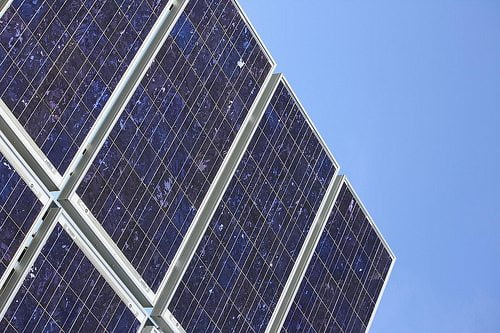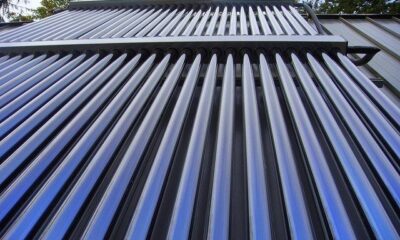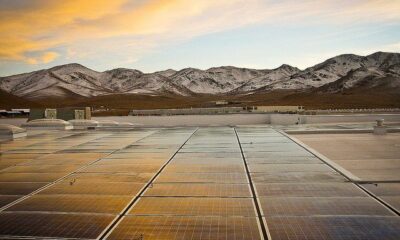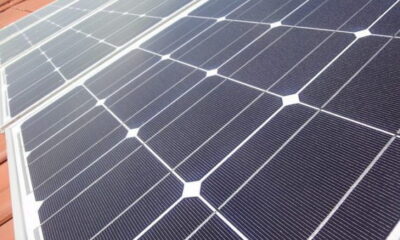

Economy
STA Data Shows Market Rising
Government statistics published today on the Renewable Heat Incentive have shown that in November and December of last year solar thermal hot water heating made up 12% of the residential systems and only 2% of non-domestic systems supported by the scheme.
Since the domestic Renewable Heat Incentive was introduced in April 2014 there have been only 2,000 accredited solar thermal schemes, representing less than a quarter of the solar thermal market in 2010. There has been widespread concern about the long delay introducing the domestic RHI and red tape inhibiting deployment.
However an ongoing Solar Trade Association survey of the solar thermal industry is showing an encouraging increase in solar thermal enquiries and sales in the new year. The Government is currently reviewing the Renewable Heat Incentive and the STA is urging government to stick with the current program and communicate more broadly the value of solar thermal to help boost the market. The STA also wants the Renewable Heat Incentive scheme expanded to include space heating, which now an established technology in some EU countries.
Leonie Greene, Head of External Affairs at the Solar Trade Association commented:
“Despite solar thermal not having fared well over the past few years, there are good signs that public understanding of this technology and interest in the Renewable Heat Incentive is increasing. We are encouraged that solar thermal is already showing signs of significant recent growth.”
“The Government has rightly recognised the need to do much more to boost renewable heat in the UK. The Renewable Heat Incentive is the key driver for this, and the Government needs to do more to communicate this programme and remove red tape. It is taking some time for the market to develop but we are urging them to stick with the programme and work with industry to communicate the tremendous benefits of solar thermal.”
Solar thermal is a key technology for tackling fuel poverty, especially when it is deployed on high density social housing. Solar thermal can be an attractive technology for less able to pay households as it uses the sun as a free energy source to heat hot water. That hot water can then either be stored in a hot water tank or fed into an existing combi-boiler, thereby minimising the plumbing work required in installation. Solar thermal can also be used for space heating which is now increasingly common across Europe.


 Environment12 months ago
Environment12 months agoAre Polymer Banknotes: an Eco-Friendly Trend or a Groundswell?

 Features11 months ago
Features11 months agoEco-Friendly Cryptocurrencies: Sustainable Investment Choices

 Features12 months ago
Features12 months agoEco-Friendly Crypto Traders Must Find the Right Exchange

 Energy11 months ago
Energy11 months agoThe Growing Role of Solar Panels in Ireland’s Energy Future




























